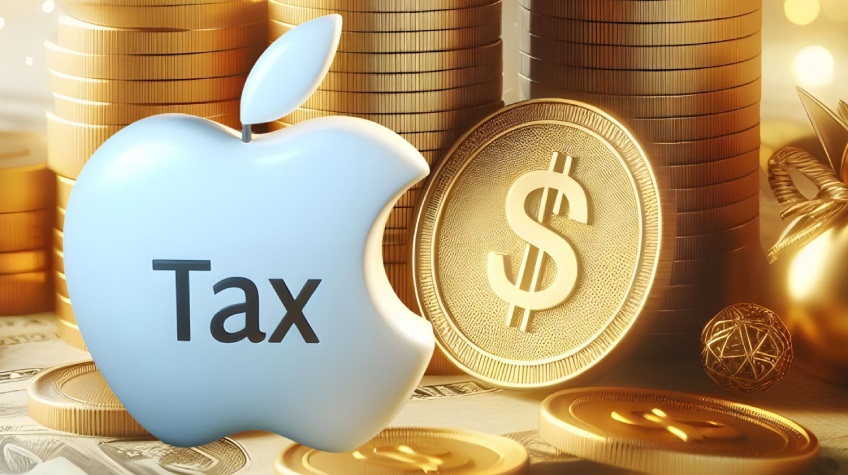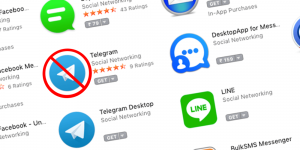
In a significant move, Apple is ushering in a new era for its app ecosystem by allowing third-party app stores on iPhones in the European Union. However, the excitement comes with a caveat: a €0.50 fee also known as new apple tax, for every new installation, sparking a blend of anticipation and concern among developers.
The new apple tax structure presents an attractive proposition at first glance. Apps distributed via third-party stores are exempt from sales cuts to Apple. For developers opting for both third-party stores and Apple’s App Store, the cut is reduced from 30% to 17%, with a further drop to 10% for qualifying small business apps. However, the catch arises when apps garner significant popularity.
Apps exceeding 1 million installs per year face a 50 euro cent fee for each new installation beyond the initial million, charged annually per user. Notably, app updates count as installations, implying that popular apps will incur ongoing fees for every user. Third-party app stores share the burden, paying 50 euro cents per user annually without the 1 million install grace period.
While this apple new tax structure provides potential benefits, it introduces a potentially expensive scenario for developers. The dilemma emerges: adhere to Apple’s App Store, maintaining the 30% cut without installation fees, or venture into third-party stores, reducing revenue cuts but facing upfront installation fees.
For large companies like Meta, which owns Facebook, WhatsApp, Instagram, and Messenger, the fees could accumulate to millions annually. These apple new taxes structure, while potentially worthwhile for major players like Spotify seeking liberation from Apple’s 30% cut, poses a gamble for smaller apps that could quickly burn cash if they go viral.
Launching a third-party app store adds complexity, requiring companies to migrate users. Apple’s lack of facilitation for such transitions complicates matters. Developers aiming to escape Apple’s new taxes must find ways to compel users to undergo the transition.
Apple’s tax structure might deter potential competition, as exemplified by Amazon, which currently pays no cut to Apple for physical goods. Opening an app store would expose Amazon to significant fees, potentially hindering competition.
Critics have already voiced concerns about the 50 euro cent fee, labeling it as “junk fees” and a potential poison pill. The fee’s impact will resonate differently for large-scale companies like Spotify, potentially outweighing the previous 30% cut.
Apple’s justification for the new taxes emphasizes the resources spent on creating developer tools, particularly for major apps. This shift reflects Apple’s recognition that developers rely on its platform, even with the Digital Markets Act opening it up.
The conversation isn’t concluded, as the European Commission will review Apple’s rules under the Digital Markets Act in March. The fee issue stands out as a significant concern for critics.
Despite uncertainties, apple new tax structure opens vast possibilities for iOS developers and the ecosystem. Developers now face the choice of making the leap, navigating through Apple’s multimillion cent new taxes structure in pursuit of newfound opportunities.






